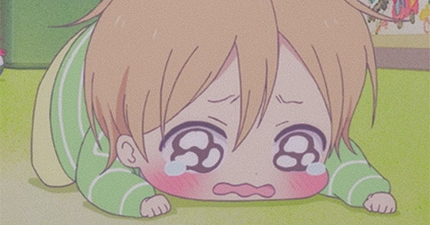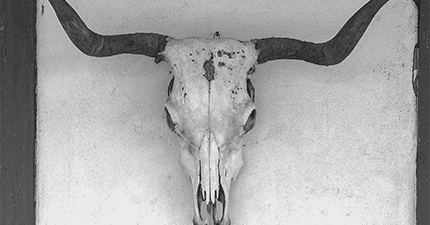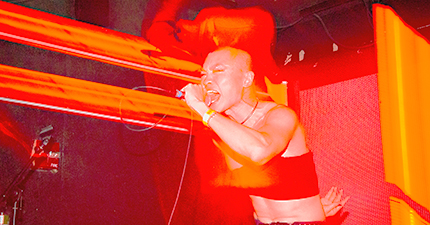I didn’t always like boybands. I got into them through Youtube after I had already guessed that I was gay. I liked DBSK and some members of Super Junior (I liked Heechul but hated Siwon). I liked them all throughout my early twenties until things got ghastly with DBSK. I swore off boybands for a while and was neither happier or unhappier, or more or less of a lesbian.
A friend tells me that it’s getting hard to cruise without being an army. I joke to friends that BTS must have a marketing division solely responsible for looking at their content through a lesbian gaze. I read a statistic somewhere that 35% of BTS stans are gay and that the rest are unsure.
Queers have suspicious but sometimes intimate relationships with corporations, which boybands are. Boybands are not a band of boys. They’re marketing departments, technological sectors, and screens. We see Pride get taken over by corporations that make outsized gender neutral sleeveless tank tops and sweatpants with grotesque rainbows. We are supposed to have intimate relationships with these corporations and, yet, we do not. We are not supposed to have intimate relationships with boybands, as lesbians, and yet we do.
Grace Perry writes an article called Why Are So Many Queer Women Obsessed With Harry Styles? and interviews someone named Julia who says, “basically I want to watch him get fucked, then also zip his skin around me in a suit.” Lesbians have a grotesque relationship with the boys in boybands. We like to take them apart like Barbies, dress them down, exchange their genitalia for alien genitalia, and rip them apart with tentacles. We like to imagine them deprecated and in pain and we write stories about boys in pain.
I’ve never liked the idea that the male gaze is inherently pornographic while the female gaze is inherently respectful. It doesn’t ring true to me. It makes me wonder where I fit because my gaze is not always respectful.
Leslie Jamison writes in her essay Grand Unified Theory of Female Pain that “The moment we start talking about wounded women, we risk transforming their suffering from an aspect of the female experience into an element of the female constitution—perhaps its finest, frailest consummation.” It’s not always fun to hurt girls in fantasy if you’re a lesbian. It’s often triggering, it’s old fashioned, and it’s trite. It’s much more fun to, somehow, to write stories about hurt boys from boybands. Boys from boybands are not even real boys but simulacra of boys—ghosts of the spectacle of masculinity.
Feminized pain is embarrassing. It’s also embarrassing to use words like “inner child” or “patriarchy” or “racism.” People always look away from you because there is a sense of dragging up aged wounds. And these wounds are old—but it doesn’t mean that things have changed. That, in itself, is painful.
Boybands are corporations. I used to like SM Entertainment as a teen because the way that SM suggested masculinity in their cosmologies were so succinct in form that the boyband became almost a form of poetry. There was Yunho, who represented confucian masculinity, and Junsu, who represented class, and Yoochun, who represented protest masculinity, and Changmin, who represented cute masculinity, and Jaejoong, who did his own thing. They were a five pointed star, a unit, and a chorus held together by complicated and nebulous relations that kept us all guessing.
In the same way that love stories are often not about love but about class, nationality, or the military, boybands are not always about gender but sometimes about visibility, power, and sex. Boybands are not pornographic but lesbians turn them pornographic willfully. If boybands are corporations, then lesbians work to turn the corporation into flesh.
I want to zip his skin around me in a suit. I want to wear a suit sometimes but I'm overly aware that I don’t have anywhere to wear it. I’m not a white man in a financial capital. Wearing a suit is inappropriate.
There was a moment in my BTS stanning when I read a disappointing rumor of Lipstick Alley about a member who acted as so many men do. I don’t know if the rumor is true or if it’s simply the result of information passed around for too many ears to hear but, for a while, I stopped seeing that member as some makeshift doll and started to see him as a man. It takes a tremendous amount of care, done by others, to create a man. I cannot help but see cishet men as big babies because of it. We talk too much about playing the roles that men play but not enough about receiving the sheer amount of care that it takes to get a person there. It takes a tremendous amount of access to care—enough to know that you will most likely receive empathy, or at least that you deserve it, when you need it—to move through the world with the confidence of a straight white man.
Lesbians like to see our boy simulacra in pain. We like to make them yearn, cry, get fucked, and get fucked over. It’s satisfying. Sad stories are satisfying when they are done well—when they are not triggering or old fashioned or trite.
It takes a lot to make pain visible. Sometimes, it takes the representation of it onto the body of something that is not quite a boy, not quite human, but the pixel laden visage of a corporate image. Sometimes, pain moves more real when it is derealized. Sometimes, our wounds do not read as real until they carry enough gravity and social cache to move with the confidence of a brand.
Wounds are not identities but wounds often function as identities. Race, class, and gender are not essential or universal components of who we are but, instead, are mere wounds, totalizing wounds. We identify one another through our wounds and we learn to look at the world through our wounds.
Lesbians love boybands because boybands are ensembles of dolls and constellations of archetypes—their inter-member relations are sticky and, weblike, they serve as a trap as warm and wet as a womb. Lesbians love boybands because boybands derealize our wounds. Our wounds are not identities—our wounds declare who we are able to see and what we are able to notice. Lesbians love boybands because we do not quite believe in our own wounds.
1 of 157
>>>


